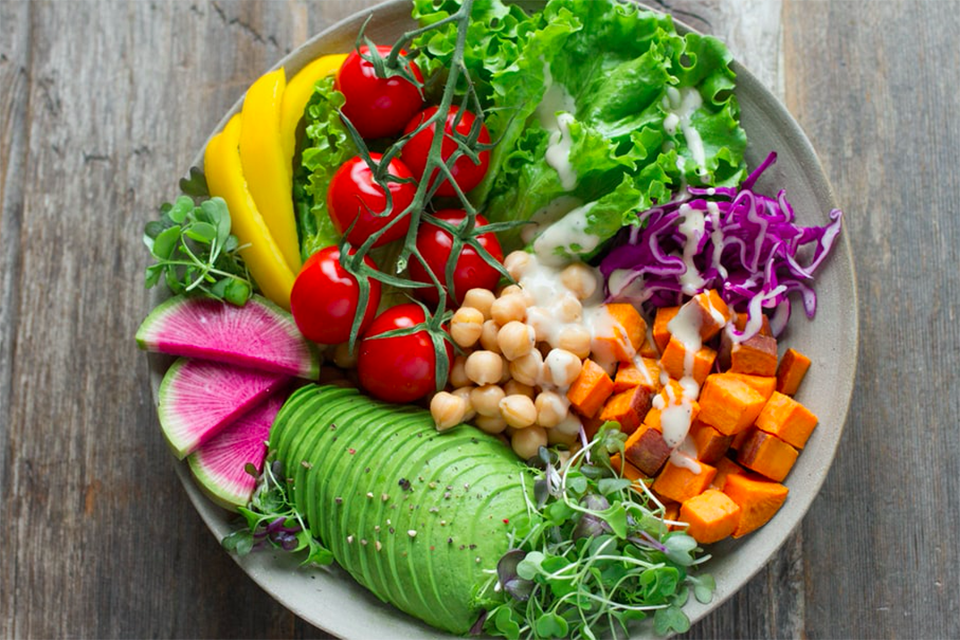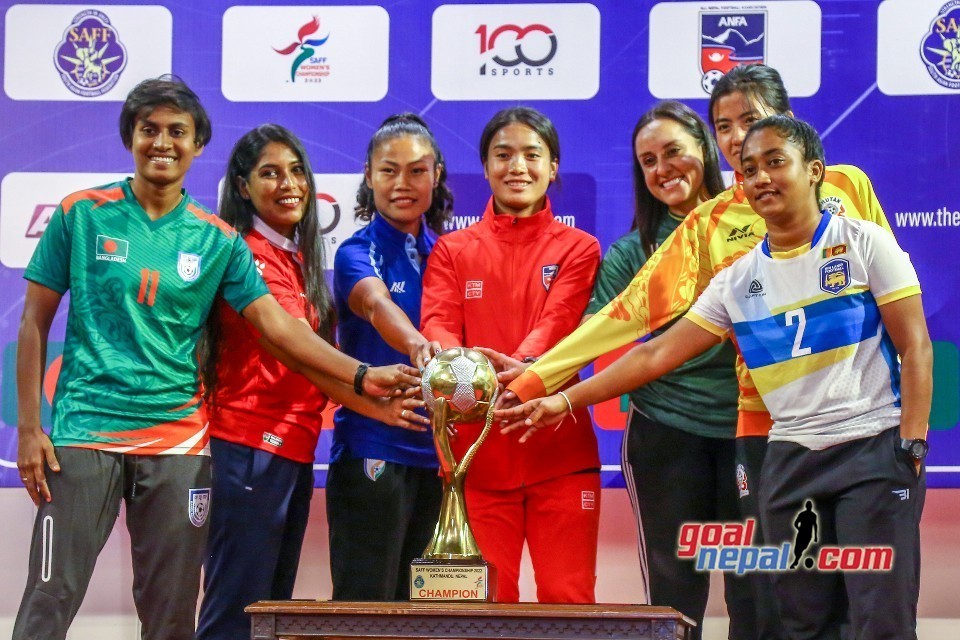
By Jane Forster
A freelance writer
Football is one of the world’s most demanding sports, as players can be required to cover up to 7 miles (11KM) and expend over 1,600 to 2,100 calories in a single match.
Players feel heat energy and sweat, use energy to shout to teammates, use kinetic energy to run for 90 minutes and use elastic energy when stretching their hamstrings to drill a pass or a shot. Therefore, equally important to the performance of the player besides practice and the game itself is their diet. In simple terms, the food that a footballer eats decides how much energy they can expel during a game, and that affects every aspect of their game.
For football players, it is crucial to supply the body with the fuel it requires to optimise their ability to handle high-intensity work. A study discovered that on average, male soccer players needed more than 3,500 calories to go through the entire day. This brings up the question of what food should be included in the diet to make up for such a lump sum of caloric needs.
Inclusion of Proteins
A footballer needs protein to maintain muscle mass, as muscles provide the immense power required to control and kick the ball, tackle and outrun opponents, as well as strong legs to spring up for air balls. Eating two grams of protein for every kilogram of body weight will help one to gradually build lean mass. Ideally, a soccer player would include 15% of their meals as protein. Protein can be obtained from consuming animal meat such as fish, and products such as eggs. Plants foods such as lentils, almonds, and peanuts also act as a holistic source of protein.
Inclusion of Carbohydrates
Compared to protein, carbohydrates are the most crucial source of fuel for a player. They are capable of supplying energy to the body quickly during intense workouts. In addition, football is a mind game as well, and the brain relies primarily on glucose for players to plot their attacking and defense. As a result, players need a large volume of carbohydrates, which should comprise up to 60% of their diets. They can be obtained from consuming fruit, oatmeal, fig biscuits, wholemeal bread, rice or pasta.
The Importance of Fats
Fats are sources of energy when the body doesn’t require to intensively generate energy. For instance, a footballer’s body may need to use up energy stored in fats when warming up, jogging lightly, and when walking around the pitch waiting for the next wave of attack. For a footballer’s lifestyle, a keto vs Atkins diet plan can fit to provide the required levels of fat intake. This amount of fat can come from animal meat, vegetables, and nuts. Besides these foods being included in the diet, a footballer also need to drink a lot of water every day to maintain peak performance.
A football player requires heavy intake of calories to supply the body with energy during intense and passive bouts of the day. With the right kind of diet, one can generate the required power and achieve the desired level of skill attributes to take their game to the next level.

















































